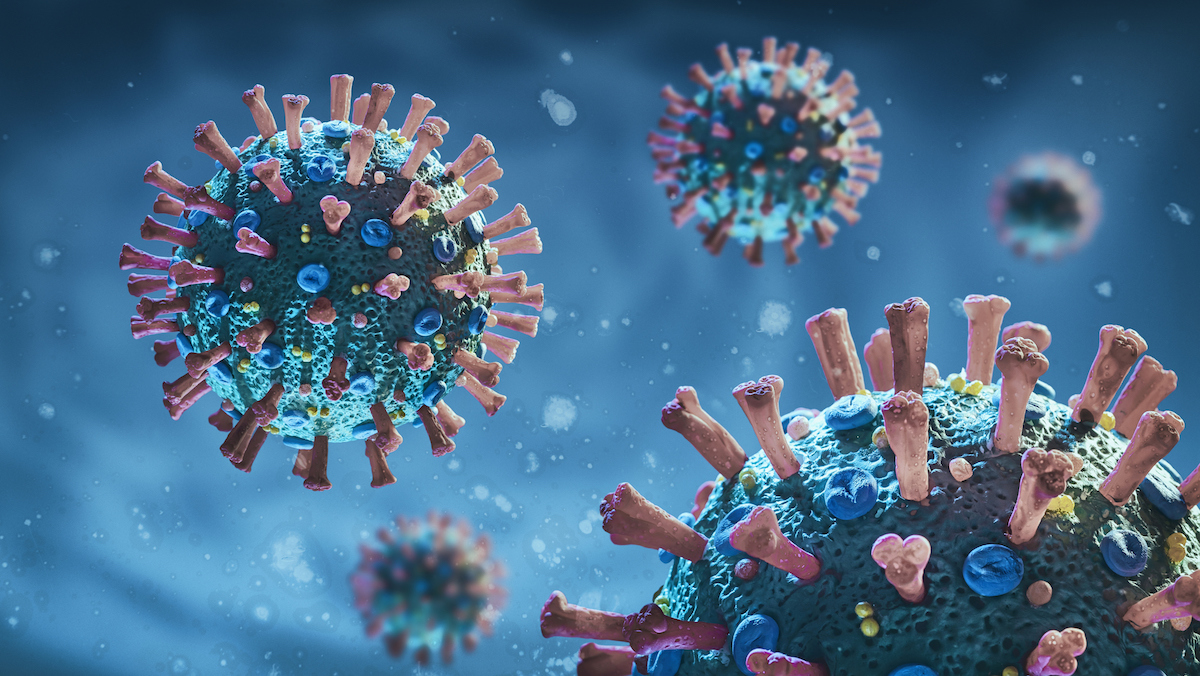<< Back
How COVID Can Upend the Nervous System, Causing Heart Problems

February 23, 2021
When we stand, blood might ordinarily pool in our legs. Our nervous system signals the cardiovascular system to pump it back up. But that simple connection can be disrupted in many people who had COVID-19.
“We know the nervous system, including the brain, influences the heart. It speeds up the heart rate when we’re frightened, for example,” said Dr. Aneesh Tolat, director of the Vascular Ablation Program with the Hartford HealthCare Heart & Vascular Institute and part of the medical team consulting with HHC’s COVID Recovery Center (860.827.3200). “We recognize that some patients who had COVID may have that connection disrupted so they may experience tachycardia, or elevated heart rate mimicking a condition known as postural orthostatic tachycardia syndrome, or POTS.”
This is just one lingering effect COVID is having on patients’ hearts. In an analysis published in the journal Circulation, the American Heart Association predicted the global burden of heart disease will increase “exponentially” in a few years due to long-term effects of COVID-19.
Callers to the COVID Recovery Center – a community service in which virus-related health queries are routed to appropriate specialists – often report cardiovascular symptoms, including shortness of breath, chest pain and palpitations, Dr. Tolat said.
“COVID can have multiple effects on the cardiovascular system and can increase blood clotting. The body’s inflammatory response to the virus can create antibodies that promote clots, which can lead to heart attacks and strokes,” he explained.
Inflammation in the heart can potentially be “ongoing” for some COVID patients, he noted. One particular study from Germany in the Journal of the American Medical Association indicated that when special cardiac MRIs examined the hearts of 100 people who recovered from the virus, 78 percent showed abnormalities while 60 percent had evidence of ongoing inflammation. But Dr. Tolat cautioned that the evidence is from a small, single study and further studies are needed to better understand the risk.
“There is a large amount of uncertainty since these effects are present in people who had COVID-19 but had limited symptoms,” Dr. Tolat said. “They may experience subtle changes to their heart that might never yield a problem, or they could experience changes in the way their heart muscle functions.”
At HHC, Dr. Tolat and other HVI experts have seen COVID patients using telemedicine for convenience. The challenge in seeing these patients is understanding what may be a result of the virus and what may be due to preexisting medical conditions.
“We use our expertise in cardiac care and combine that with current research and experience with COVID and its effects on the heart to provide the patient with the most comprehensive evaluation possible,” Dr. Tolat said.
Anyone with lingering cardiac symptoms after a bout of COVID-19 should see a specialist for relief.
Symptoms can include:
- Increased or extreme shortness of breath upon exertion.
- Chest pain.
- Swelling of the ankles.
- Heart palpitations.
- Being unable to lie flat without shortness of breath.
- Waking up at night short of breath.
- Dizzy spells.